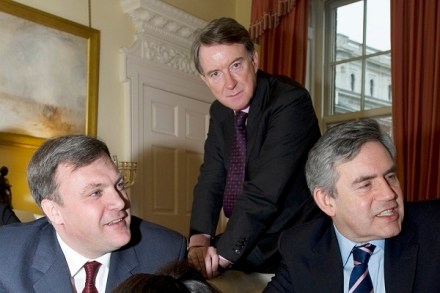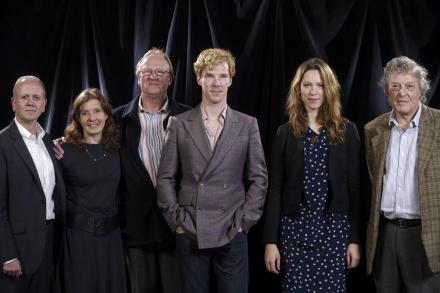Jeremy Vine’s survival guide
I first knew Jeremy Vine as a very young, charming, earnest and totally driven political correspondent for the BBC in the 1980s. So when I started reading It’s All News to Me, I was dreading a rather worthy read. I was delightfully disappointed. This is a wonderful bitchfest of not quite malicious gossip and the



















